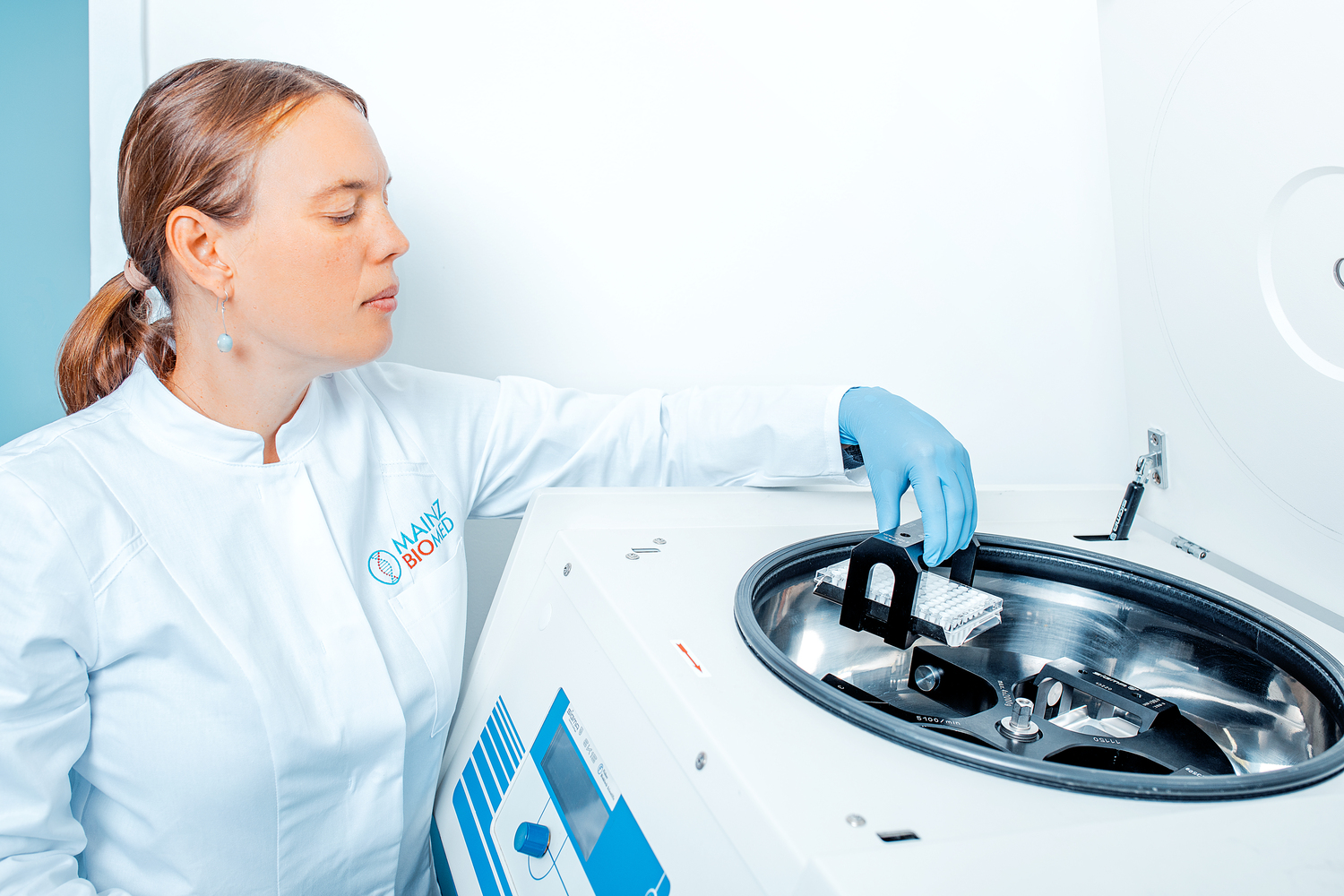Detailed results from studies Oasis 1 and 2 will be showcased at the 2024 ACOG Annual Clinical & Scientific Meeting in San Francisco.
The studies demonstrate that the investigational compound elinzanetant significantly reduced the frequency and severity of moderate to severe vasomotor symptoms (VMS), also known as hot flushes, associated with menopause in women. This reduction was observed compared to placebo.
Elinzanetant successfully met all four primary endpoints in both studies, showcasing statistically significant reductions in the frequency and severity of moderate to severe VMS from baseline to weeks 4 and 12 compared to placebo.
Bothersome menopausal symptoms
In Oasis 1, elinzanetant demonstrated significant mean reductions in VMS frequency at week 4 with -3.29 and at week 12 with -3.22. For VMS severity, reductions at week 4 were -0.33 and at week 12 were -0.40. Oasis 2 results were consistent, with reductions in VMS frequency at week 4 with -3.04 and at week 12 with -3.24, and severity reductions at week 4 with -0.22 and at week 12 with -0.29. The safety profile was favourable in both studies, with headache and fatigue being the most frequent treatment-emergent adverse events.
JoAnn Pinkerton, professor and director of Midlife Health at UVA Health, said: “There are limited approved non-hormonal treatments for bothersome menopausal symptoms in women, such as hot flushes and sleep disturbances. Consequently, many women experience discomfort for months or even years, with the majority of symptoms left untreated. These results are exciting news and build on our confidence that elinzanetant may be a potential non-hormonal solution for them.”
Both studies also achieved all three key secondary endpoints, showing a statistically significant reduction in the frequency of VMS from baseline to week 1 as well as significant improvements in sleep disturbances and menopause-related quality of life compared to placebo.
Non-hormonal treatment for menopause
Dr Christian Rommel, member of the executive committee of Bayer AG’s pharmaceutical division and global head of research and development, added, “The robust efficacy and favourable safety profile of elinzanetant reinforces its potential as a non-hormonal treatment for women experiencing menopause. We look forward to submitting applications to health authorities for marketing authorizations of elinzanetant to treat moderate to severe VMS associated with menopause in women, building upon our extensive legacy and commitment to women’s healthcare.”
Elinzanetant is a dual neurokinin-1,3 (NK-1,3) receptor antagonist in late-stage clinical development, intended for the non-hormonal treatment of moderate to severe VMS associated with menopause, administered orally once daily.
Earlier in March 2024, Bayer announced positive topline results for the third phase 3 study, Oasis 3, which also met its primary endpoint, demonstrating a statistically significant reduction in VMS frequency from baseline to week 12 compared to placebo. The long-term safety profile observed over 52 weeks in Oasis 3 is consistent with previous studies. Bayer will present these results at upcoming scientific congresses and submit data from Oasis 1, 2, and 3 to health authorities for marketing authorizations of elinzanetant.




